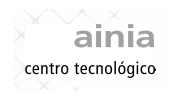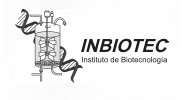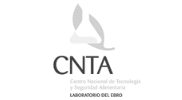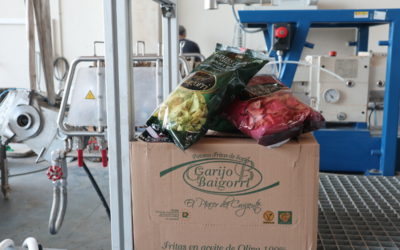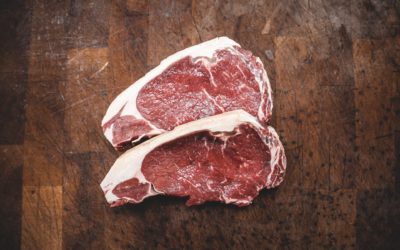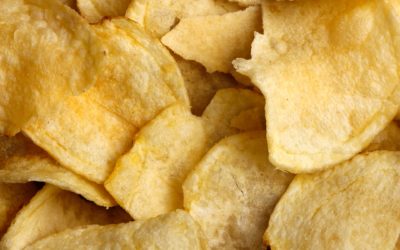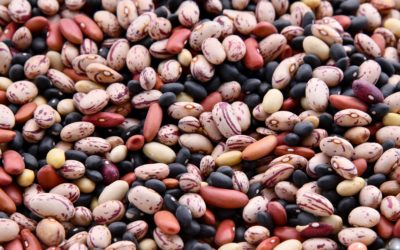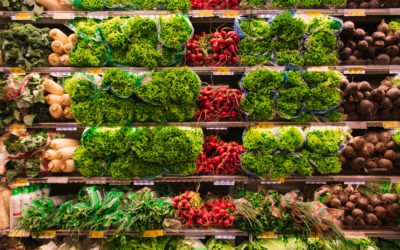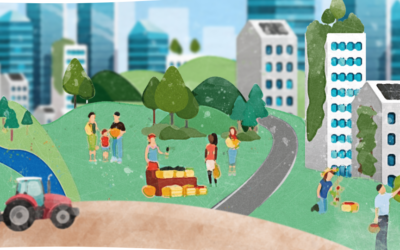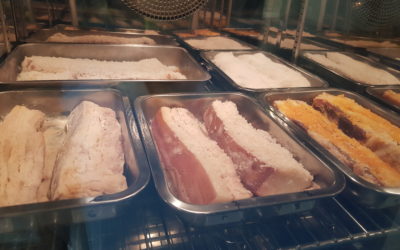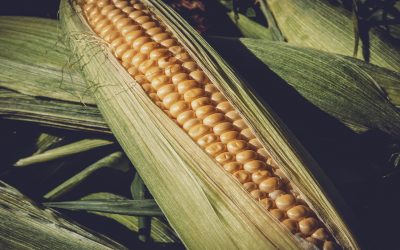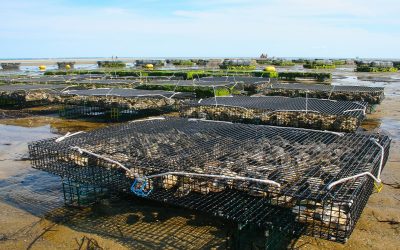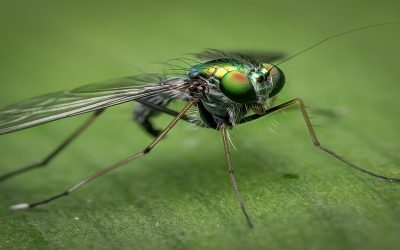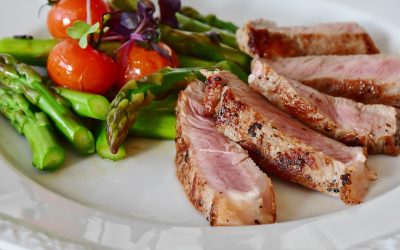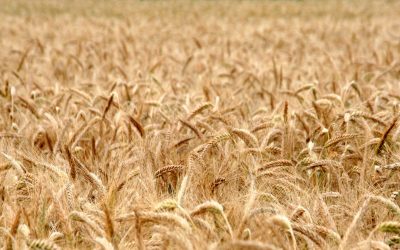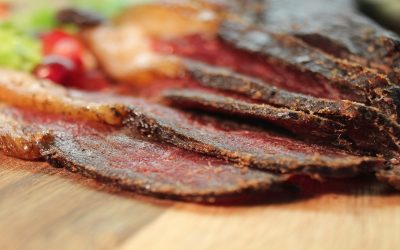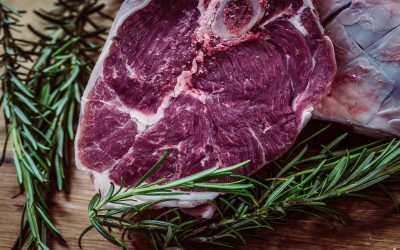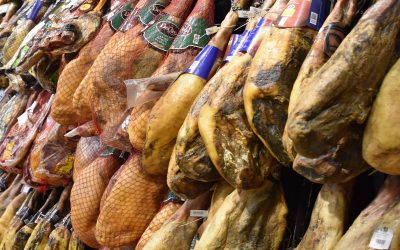CARTIF PROJECTS
DINAMO
Development of nanoencapsules for food use
Description
Development and validation of production technologies of nanoencapsules and nanostructures of active molecules with functional properties for food use.
Evaluation of encapsulation options of bioactive peptides. Selection of model substances and application of the nanoencapsules obtained in the formulation of dairy and baked foods.
Actions aimed at characterizing properties: Development of analytical techniques for characterization on a nanometric scale (SEM scanning electron microscopy, zeta potential measurement and particle size distribution). Obtaining in vitro toxicity test based on developing embryos of zebrafish.
Objectives
- Development of nanoencapsulated techniques.
- Characterization and analysis of industrial viability of the nanoencapsules obtained.
- Evaluation of aspects related to food safety and health.
Actions
- Preparation of microparticles with active ingredients.
- Physical-chemical characterization of the microparticles.
- Evaluation of efficiency methods in encapsulation.
- Studies of active ingredients release.
- Evaluation of the behavior of microparticles in different conditions.
- Addition of microparticles into a food product and study of their behavior.
Expected results
- Define forms of team work aimed at strengthening collaboration between centers.
- Expand the lines of research in the field of food development and nanotechnology.
- Evaluate the behavior of the chosen substances and the encapsulation.
- Establish the bases and approach strategies for the development of processes tailored or adapted to the product when applying nanotechnology in food.
Partners:
National Programme of Consortium Projects
Subprogramme: Basic Research– Technologic Centres 2008.
![]()
![]()
Total budget: 970.161 €
Contribution: 237.648 €
Duration: 208-2011
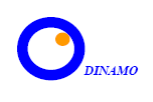
Responsible
Mª Luisa Mussons
Division of Agrifood and Processes
Networking
Food projects:
Study of the use of alternative protein sources from agro-industrial by-products.
Increase the extractability of protein sources and other compounds of nutritional interest, naturally present in by-products generated in the transformation processes of the food industry, through the use of “green technologies” of pre-treatment such as extrusion
GARNOVA
GARNOVA born as a response to gorwing cosumer demand for healthier snacks. Sugggests the development of a new range of innovative snacks, elaborated as of healthy, functional and with high content in essential macro and micronutrients.
CARNIQUS
CARNIQUS aims to respond to the current needs of the meat sector in terms of meticulous control of those parameters directly involved in the deterioration of its products.
NOVACARNI
NOVACARNI project aims to contribute to the production of a new meat food with a lower environmental impact, in order to promote the production of healthier and more environmentally friendly food.
MITIGACRYL
MITIGACRYL has as objective develop a quick and precise analytic method for the determination at the production line of the acrylamide levels through mid-near infrared technologies.
MEATING PLANTS
Explore new vegetable protein sources, mainly native legume species from Castilla y León region which, together with the inclusion of agri-food by-products and by means of using technologies such extrusion cooking and texturization, allow the generation of innovative and alternative-to-meat products with nutritional, functional and imporved organoleptic characteristics.
IN-PACT
IN-PACT will study the sustainable innovation and innovative practices among the agri-food supply chain in the european union, to respond to how we are in the transition trend towards a more sustainable food system.
FUSILLI
FUSILLI project focuses on supporting cities to facilitate their transition towards more sustainable food systems, in line with Food2030 priorities. Combines the expertise of 34 partners from 13 countries including cities, universities, SMEs, NGOs and industries.
COLOR
The “COLOR” project is a collaborative business initiative aimed at providing solutions to one of the most important needs of the food sector today: the reduction of acrylamide in industrially processed foods.
NUTRIBER
Application of new technologies on the development of a nutritionally improved iberian bacon. Reducing the sodium content in the formulation and limiting nitrites/nitrates.
INBEC
INBEC Project try to promote and develop a sustainable economy through innovation and business cooperation. To this end, it is proposed to use a methodology that maximizes the potential of the Bioeconomy.
GO INPULSE
The INPULSE Operating Group (GO_INPULSE) was created to strengthen the cultivation of legumes in Spain and reduce the external dependence of protein for feed through the joint work of different actors.
ALTERNFEED
ALTERNFEED aims to obtain sustainable alternatives to the use of fishmeal and fish oil or Krill in the manufacture of aquaculture feed giving added value to several alternative ingredients at the same time, in order to take advantage of the characteristics of each and its synergies.
GO INSECT
GO_INSECT investigate the possibilities of insects as a source of alternative and sustainable protein for food and identify the necessary requirements that ensure the technical-economic viability of projects related to industrial breeding of insects
PRIMICIA
The progress of studies in this area, will allow to specify diets based on the specific requirements of each person and will allow to determine a personalized nutrition for populations with common characteristics, particular groups and individuals
PROALI
The PROALI Project develop the application of new technologies for food development, searching for opportunities in new matrices that can be used for the formulation of flours aimed at groups of young people, focusing on gluten-free raw materials.
CRUCAMI
The CRUCAMI project develops and formulates new snacks and meat products cooked from beef jerky.
The objective is the launch of new snacks and cooked meat products pastrami type from cecina.
CIEN PROGRESO
The CIEN PROGRESO Project develop innovative solutions for protein processing and its application in new food products adapted to population groups with specific needs.
INNOLIVO
INNOLIVO uses new technologies and processes for the development of innovative olivar products intended for new international markets of high added value
CAMPOFRÍO
The CAMPOFRÍO project studies and develops a process for reducing salt content in cured ham. Development of a salt content evaluation system in sliced cured ham with on-line NIR technology.

